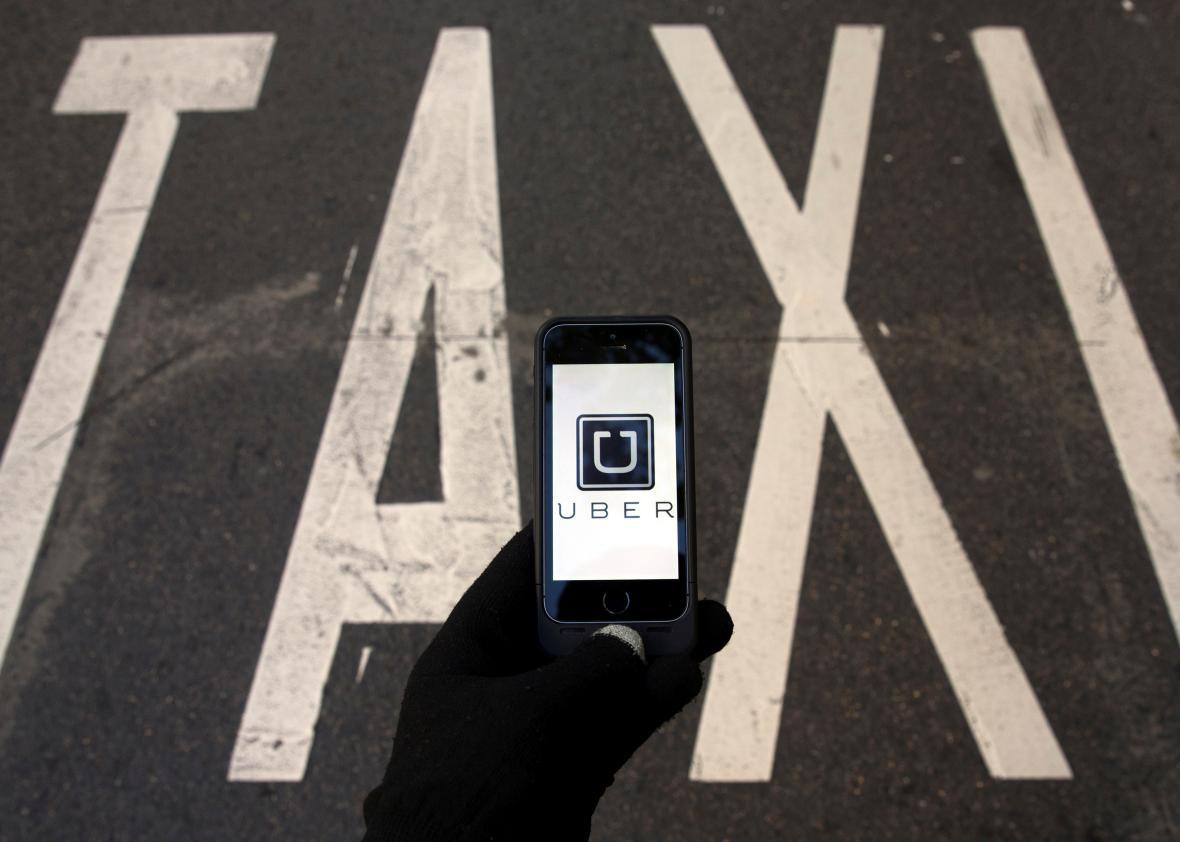For tech startups that operate in a legal gray area, getting taxed is a bit like graduating from high school. It’s a gesture of regulatory acceptance—a sign that politicians have adjusted to the company’s existence and begun viewing it as a potential source of revenue, rather than a mere threat to incumbant interests to squelched. Airbnb has been an especially instructive example—it practically begs cities to tax its operations, knowing that will be a step on the path to legitimacy.
That’s why, on balance, the news that Massachusetts has passed a new 20 cent tax on every trip ordered through ride-hailing services like Uber and Lyft is a good omen for the companies. The new levy was included in a wider regulatory bill that will, among other things, institute a two-step background-check process for drivers and create a new division within the state government to oversee the companies. The tax likely isn’t enough to change demand for ride-hailing services. But since it will mostly go toward city and state budgets, it likely means that elected officials will have an incentive to make sure the startups stick around. Between that, and the new bureaucratic institutions devoted to overseeing Uber and Lyft, the industry hasn’t just finished 12th grade—it’s basically just wrapped up a bachelor’s.
However, the new tax has one quirk: 5 cents of the fee generated by each ride will be used to subsidize the state’s licensed taxi industry. As Reuters has reported, it’s not entirely clear how this arrangement will work yet, but, “The law says the money will help taxi businesses to adopt ‘new technologies and advanced service, safety and operational capabilities’ and to support workforce development.” A Boston-area industry rep said it might go toward improving the smartphone app taxis there use.
So Uber and Lyft are being asked to fund their industry rivals in return for doing business in the Bay State. (At least until 2021. After 2021, the nickel fee starts going to the state and municipalities, along with the other 15 cents of the tax.) Is this absurd? Maybe a little. But as a price to pay for regulatory normalization, it’s relatively light. Mostly, it seems like a modest payoff to help the taxi lobby swallow its own concessions in the bill. For instance, taxi operators argued that Uber and Lyft drivers should have to be fingerprinted, just like their own employees. Uber pushed back, and the requirement is absent from the final legislation. Does the taxi subsidy make economic sense? No, not really. But as a temporary political accommodation, it doesn’t seem especially egregious. And now Uber gets to operate 100 percent on the up-and-up. It should be thrilled.
